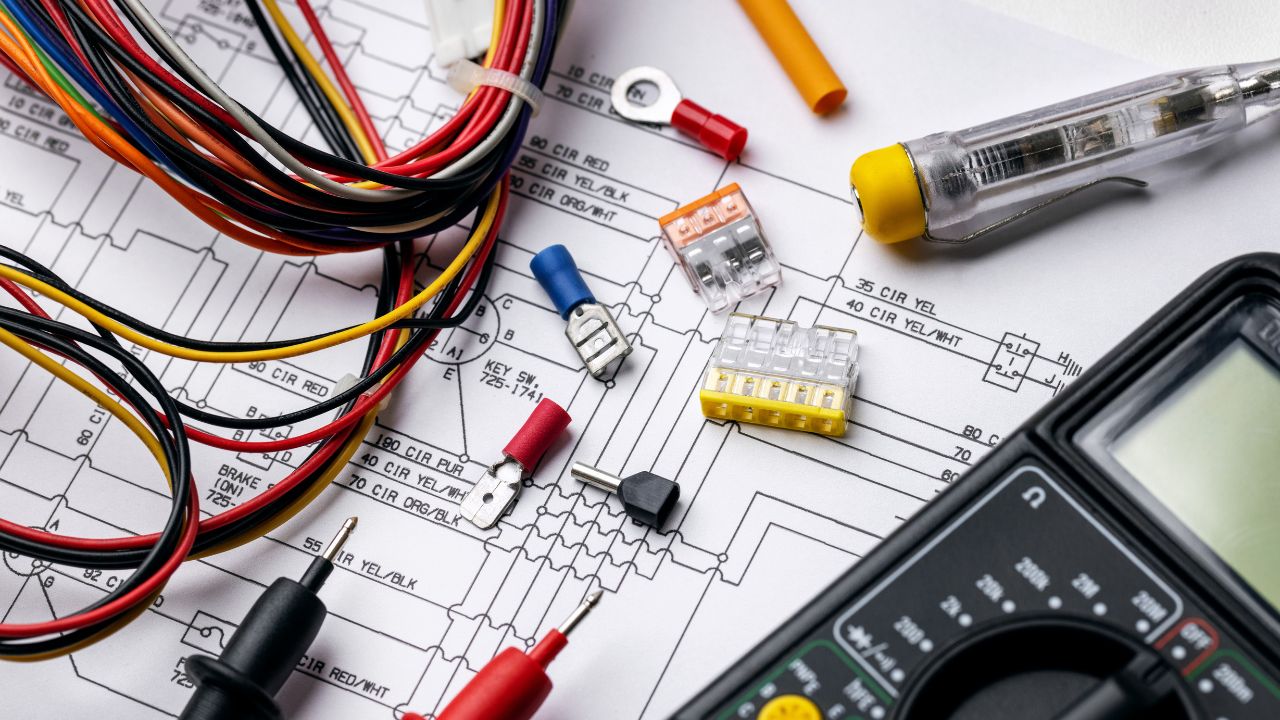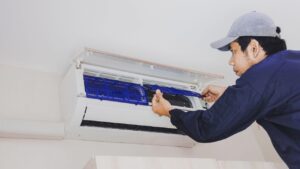Getting electrical work done in Singapore is expensive. But what if something goes wrong with your switches and lighting? A warranty is your protection against faulty work. It’s a key indicator of an electrician’s confidence in their own skills and the quality of the materials they use.
1. What is a Workmanship Warranty?
A workmanship warranty is a guarantee from the electrician that if a problem arises from a defect in their installation or repair work within a specific period, they will rectify it at no additional cost to you. This provides valuable peace of mind after the job is completed.
2. What’s Covered And What’s Not?
Understanding the terms of your warranty is crucial. Here’s what is typically covered and, more importantly, what is not:
What’s Usually Covered:
- Workmanship: Defects in the installation process. For example, if a newly installed socket becomes loose from the wall or a connection they made fails.
- Electrician-Supplied Parts: If the electrician provides and installs a new part, like a switch or circuit breaker, that part is usually covered against defects.
Common Exclusions (The Fine Print):
- Customer-Supplied Parts: This is a critical point. If you purchase your own fancy designer light fixture and have the electrician install it, their warranty only covers the installation labour. If the light fixture itself is faulty and stops working, it is your responsibility to deal with the manufacturer. The electrician is not liable for the product they did not supply.
- Partial Fixes: If you choose a cheaper, partial fix against the electrician’s advice (e.g., replacing just one part in an obviously aging system), the warranty will only cover that single replaced part. When another component of the old system inevitably fails, it will not be covered. This can be a “warranty trap,” where saving a small amount upfront leads to larger, uncovered costs down the line.
- Unrelated Faults: The warranty is specific to the work performed. If an electrician fixes a socket in your bedroom, their warranty does not cover a power trip later caused by your faulty kettle in the kitchen.
- Tripping Circuit Breakers: A warranty on a new circuit breaker covers the device against defects (i.e. if it fails to work). It does not cover the breaker for doing its job, which is to trip as a safety measure when it detects an overload or short circuit elsewhere in your home.
3. Typical Warranty Periods In Singapore
Warranty periods are a strong signal of a company’s confidence. They can vary significantly:
- Some may offer a basic 30 to 60-day warranty.
- A more reputable standard is often 6 months or a full one-year warranty on both workmanship and supplied parts.
- For major renovations, some warranties on works can extend from 2 to 5 years.
Always insist that the warranty terms and duration are stated clearly in writing on your final invoice or receipt.
Learn more about how to choose a reliable electrician in Singapore.









